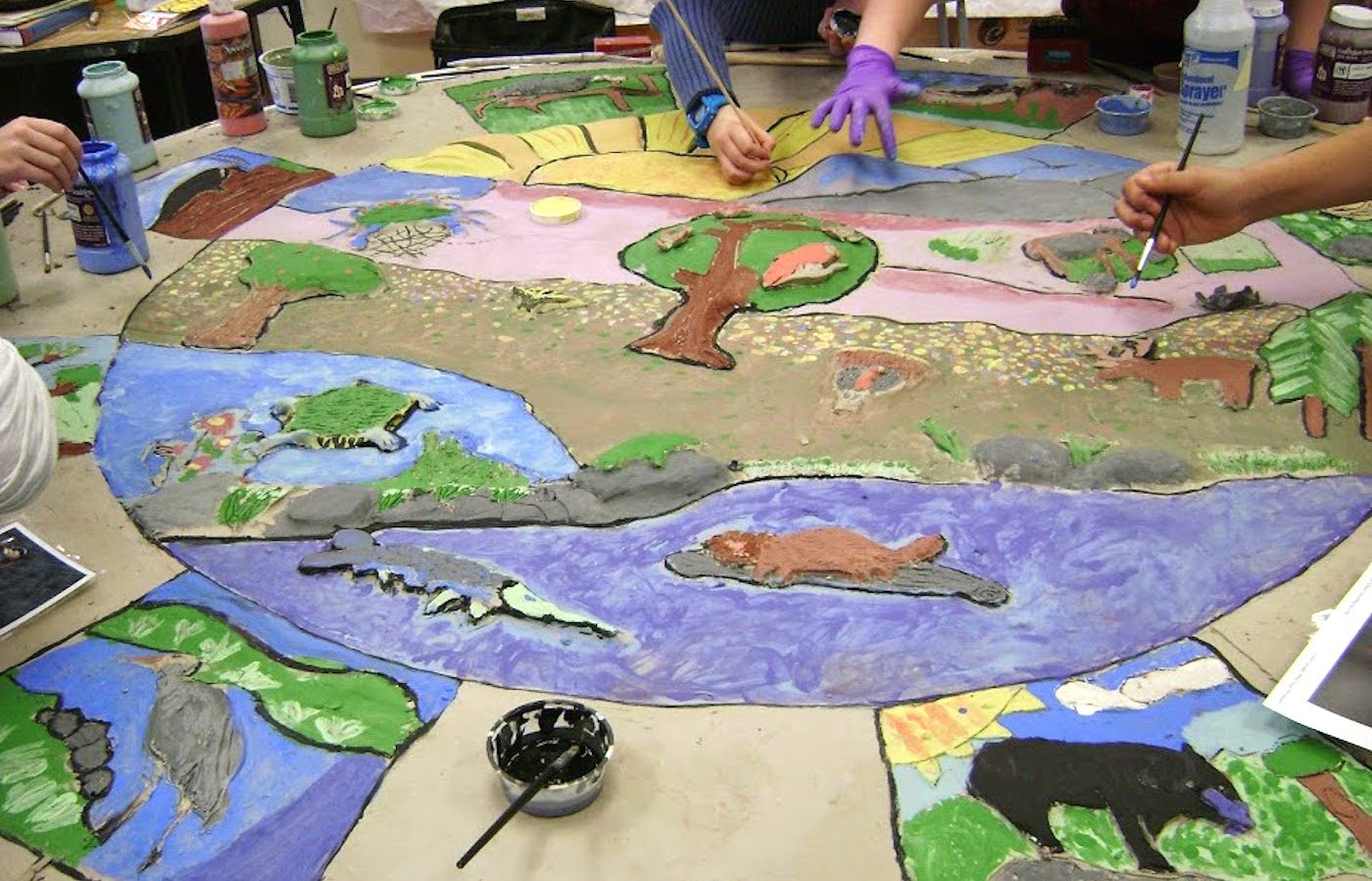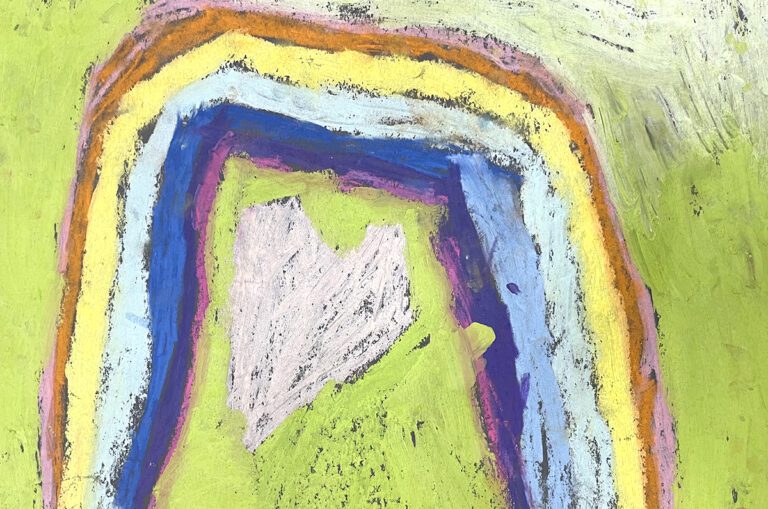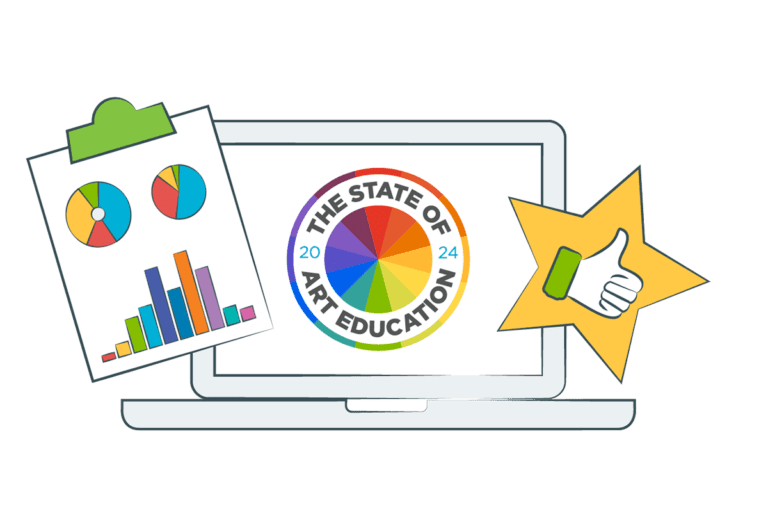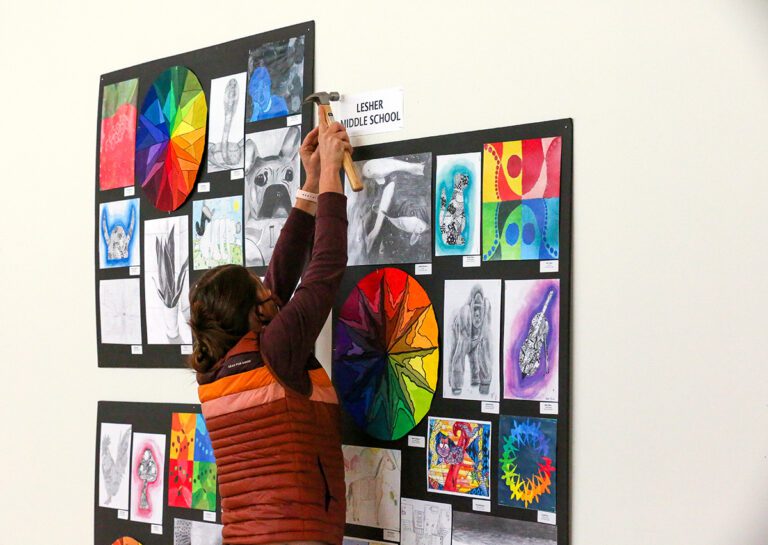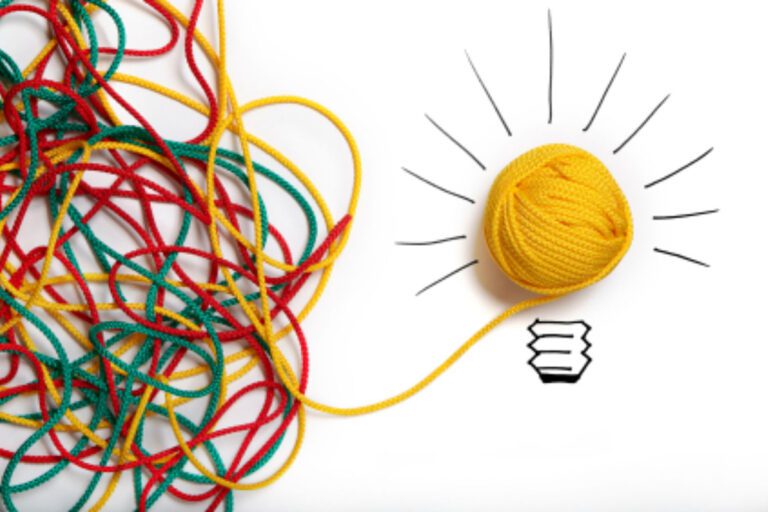Several years ago, I decided I wanted to write a grant for my school. My classroom looked out onto an empty courtyard. I thought it would be a perfect place to create a learning garden and clay mural. The more I thought about it, the more I realized I had no idea how to write a grant proposal to raise the funds. I was a little intimidated by the whole process, to be honest. It took a lot of work and trial and error, but eventually I learned how to create successful proposals, and the project was fully funded.
Today I will share what you need to know to write a successful grant proposal.
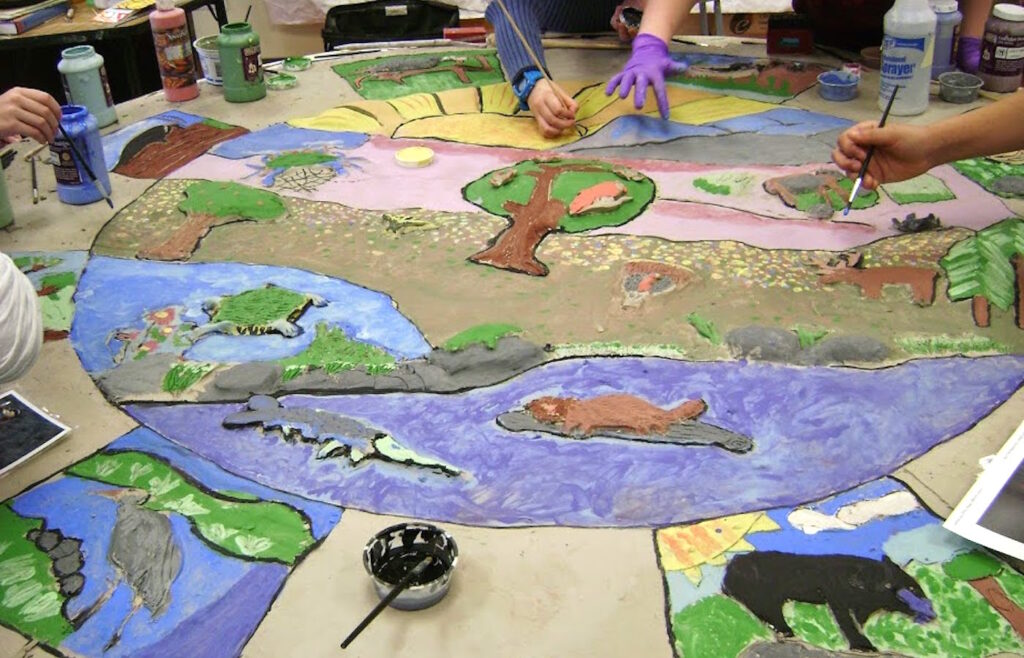
1. Do your research.
Look into agencies that provide grants to schools. There are many different options depending on the type and size of the project. For example, Donors Choose will fund a variety of classroom projects. It is also important to look into local funding sources. For large projects, you should seek funds from more than one organization.
2. Read the directions.
When writing a grant proposal, it is imperative that you read all if the directions carefully. Who is eligible? When are the due dates? What specific information do they want you to provide? It is easy to overlook important information if you are not careful. That could translate to a lot of wasted time and effort if you find you are not eligible or the due date has passed.
3. Understand the process.
Each funding agency and grant has a different process. Be sure to understand the steps of the process and what to expect before you begin. Create a project timeline to ensure the fundraising will be complete in time to implement the project. Grant funding is rarely a quick process; be prepared to be patient.
4. Be specific.
What will your students learn? How many students will benefit? How will you define success? Funders want to be sure they are supporting projects that will make a difference for students. Be prepared to explain in detail why your project is valuable.
5. Be concise.
Although you must communicate your needs with specificity, you must also be concise. The people reading your proposal may be reading through many others as well. Be clear and concise to ensure they understand exactly what you are asking for and why. This is not the time to show off your creative writing skills!
6. Be realistic.
How much money will the project cost? It may seem tempting to ask for as much as possible, but it is important to consider what is really necessary. Do you need 6 iPads, or will 3 be enough? If you need 6, make sure that you are prepared to explain why. Don’t ask for more than you need.
7. Seek matching funds.
Most funders will want to see you have at least one other source of income for any large project. This is a way for them to see you have support for your project from other parties as well. Sometimes this can be a surprise to teachers looking to fund a large project, but it should not scare you. If your idea is strong, you will be able to find several funders to support it. My project was funded by several different sources including Donors Choose, my PTA, and a local organization that funds arts integration projects.
8. Think about sustainability.
Most organizations that fund large, expensive projects will ask you to provide a plan for sustainability. For example, in my situation, I had to share how the school would use the learning garden in the future. Make a long-term plan for your project. Who will be involved in coming years? How will students benefit next year? How about in 5 years?
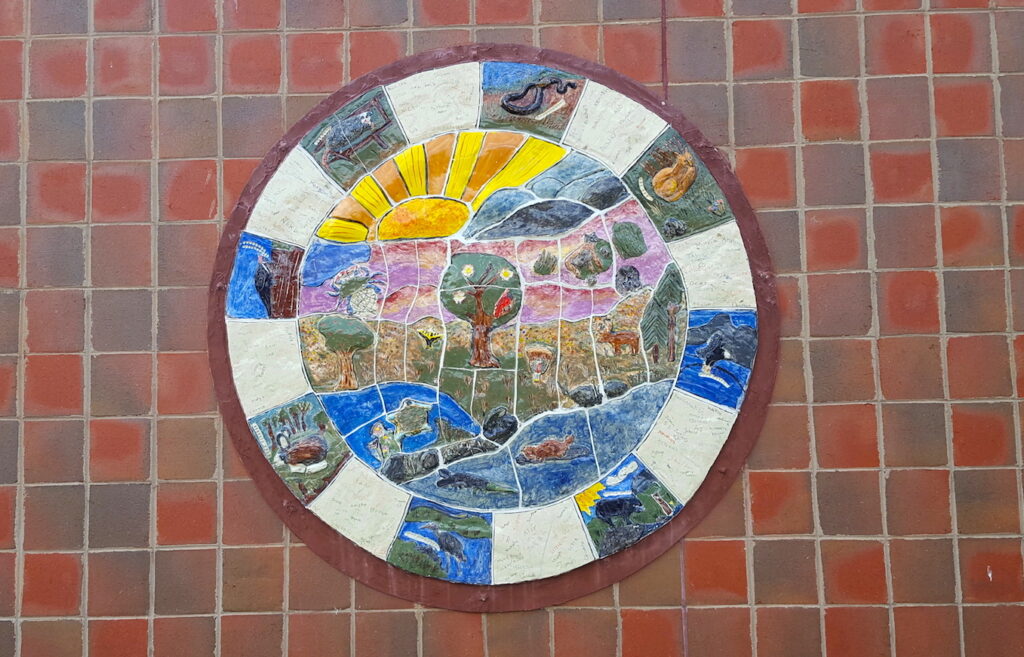
My school now has a lovely garden and a clay mural created with a visiting artist. Teachers still use the space to help educate their students five years later. The mural still hangs in the garden. I often see parents, teachers, and students enjoying the space and admiring the mural. It was a lot of work, but it paid off!
What great projects have you had funded through grants?
What advice would you add for teachers seeking to fund their next great project?
Magazine articles and podcasts are opinions of professional education contributors and do not necessarily represent the position of the Art of Education University (AOEU) or its academic offerings. Contributors use terms in the way they are most often talked about in the scope of their educational experiences.
